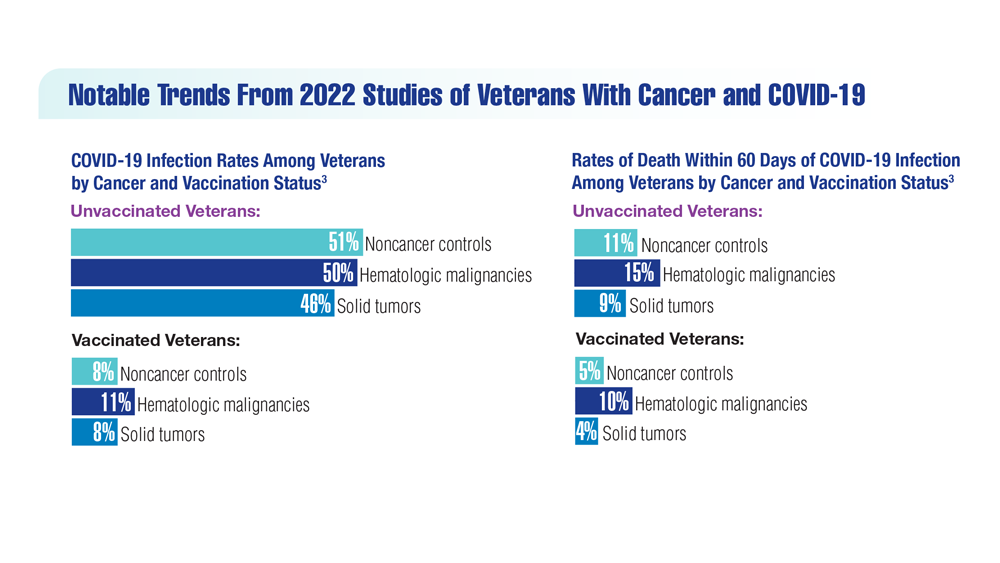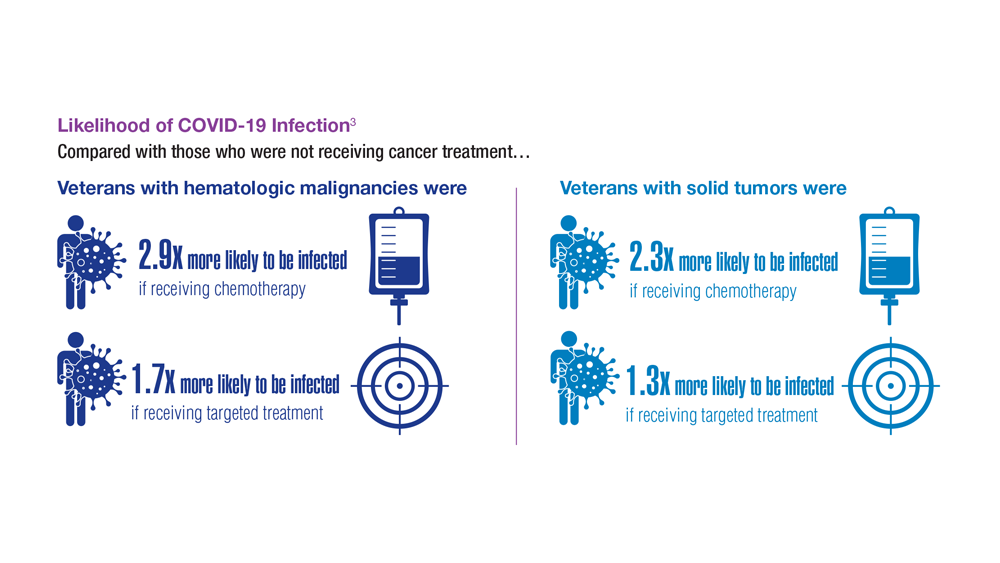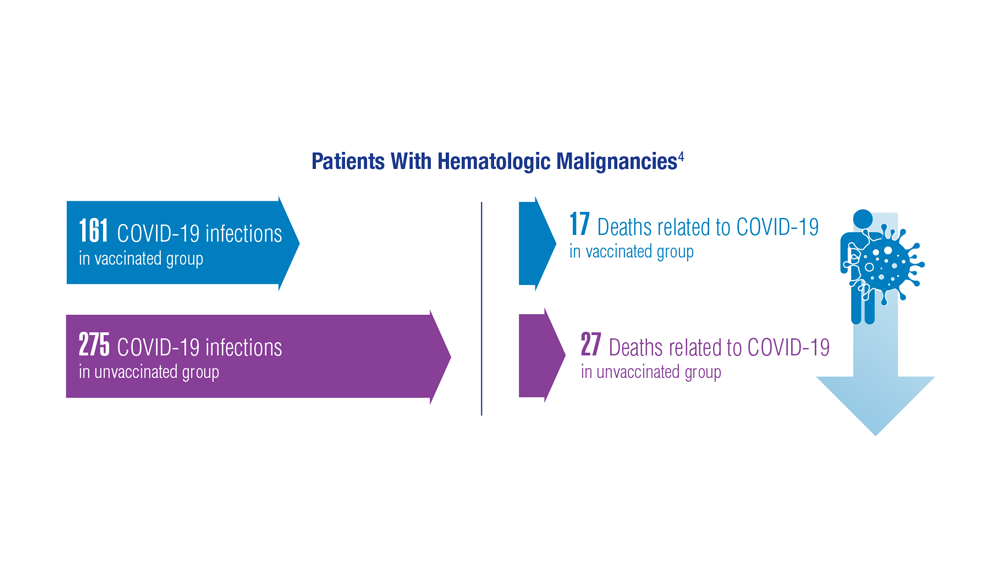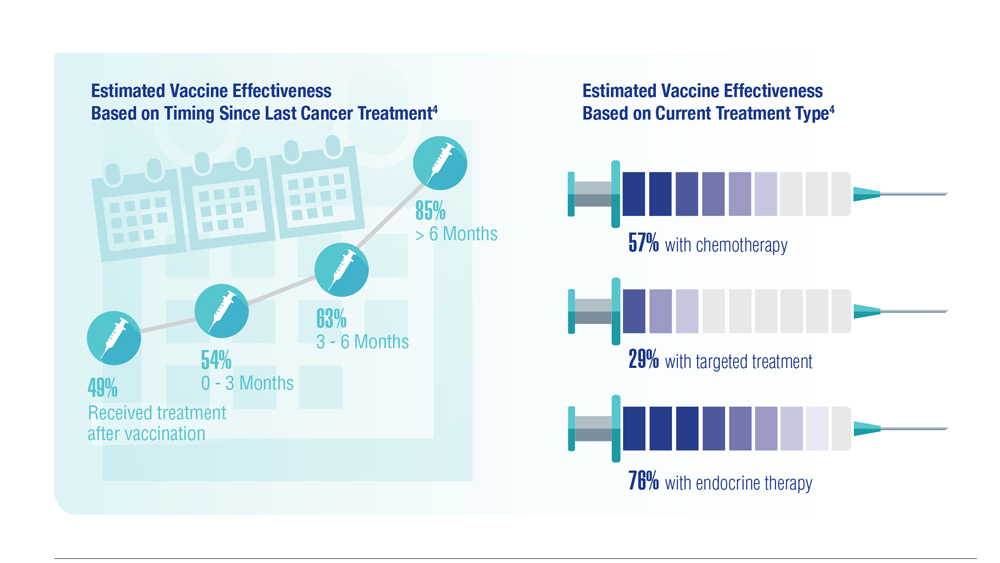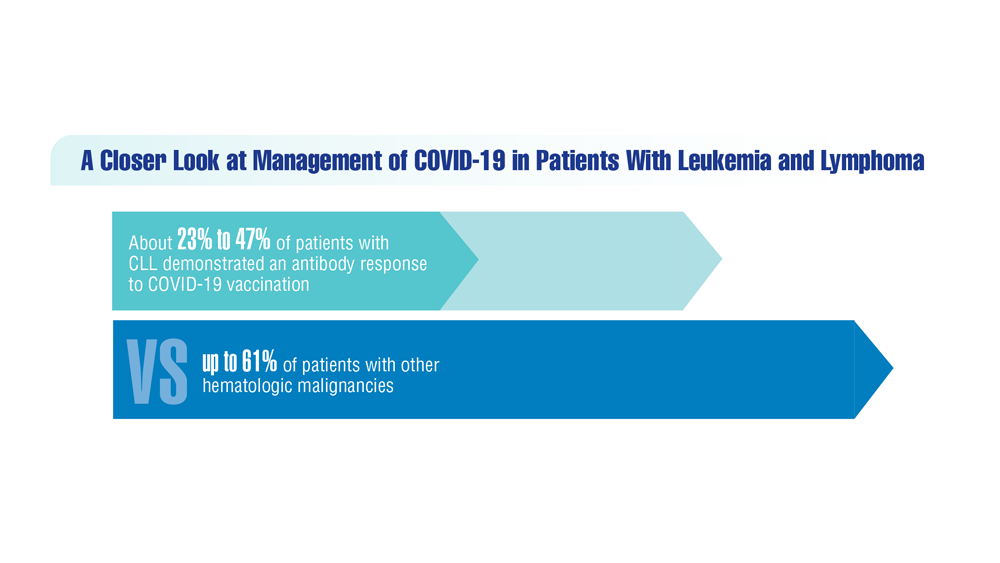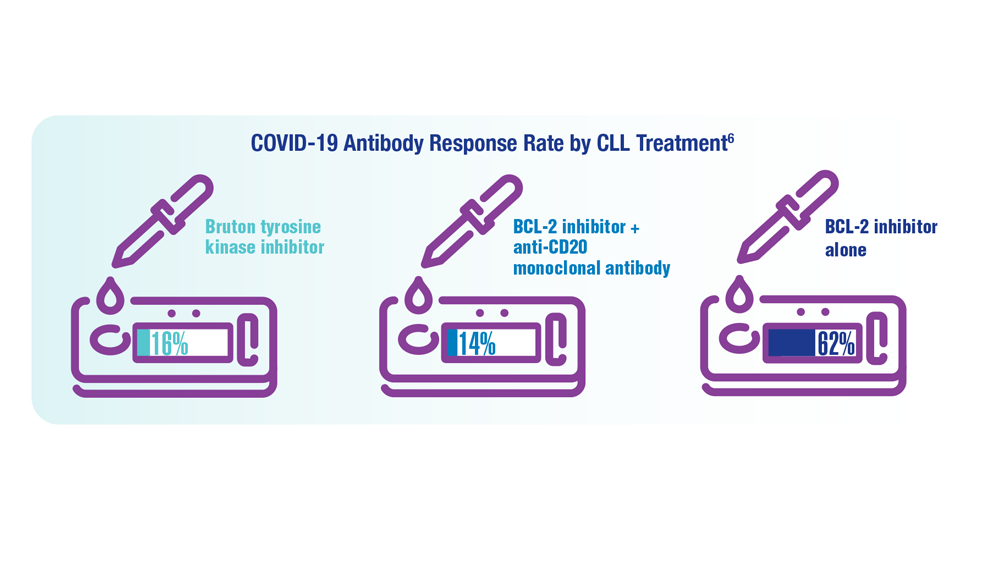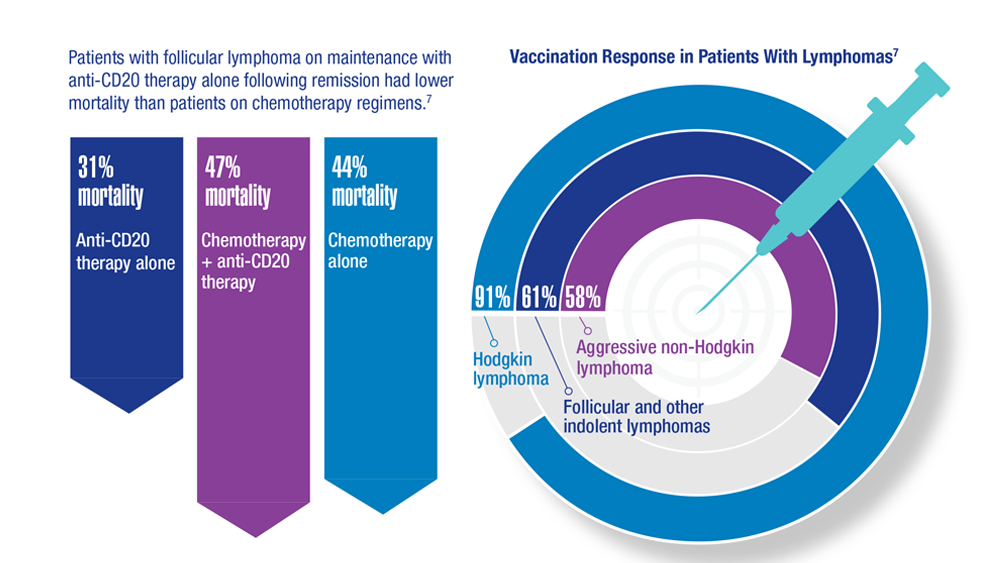COVID-19 Outcomes in Veterans with Hematologic Malignancies





Thomas D. Rodgers, MD
Assistant Professor of Medicine
Durham VA Medical Center
Duke University School of Medicine
Durham, NC





Slideshow below.
The COVID–19 pandemic has forever changed the world, but the true extent of its lasting impact remains unclear. There were immediate diagnostic and treatment ramifications at the start of the pandemic. Stay-at-home ordinances, fear of infection, and decreased staffing availability made in-person health care appointments more challenging. A stark decline in diagnostic screening procedures and imaging was observed early during the pandemic.1,2 There was a paucity of information to help guide health care practitioners as they designed treatment strategies in anticipation of potential COVID–19 infections in their patients with cancer. The unknown relationship between cancer therapy and COVID–19 infection introduced uncertainty and confusion for patients and hindered ongoing surveillance efforts.
Several studies performed within the VA have highlighted the concern that although vaccination is effective in reducing infection and mortality rates in patients with cancer, such benefits are distributed unequally. Despite vaccination status, patients with hematologic malignancies appear more likely to contract COVID–19 and have worse COVID–19–related outcomes. Nevertheless, vaccinated patients fare better than their unvaccinated counterparts, demonstrating the ongoing importance of immunization.3-5 We now know that cancer treatment history also affects vaccine efficacy, which is critical to consider when deciding on potential chemotherapy and targeted agents for cancer treatment.6,7
We now have more robust data to help guide decision-making along with an expanding armamentarium of vaccines and therapeutics to lower the risk of COVID–19 infection. Vaccines, while less effective in patients with hematologic malignancies, continue to reduce severity of COVID–19. This knowledge has led to increased risk mitigation strategies for our patients with hematologic malignancies, particularly those receiving cancer therapy, such as recommendations for increased masking in social situations and administration of antiviral and monoclonal antibody therapy. Practitioners remain uniquely positioned to help guide their vulnerable patients through these turbulent times. This relationship undoubtedly saves lives.

